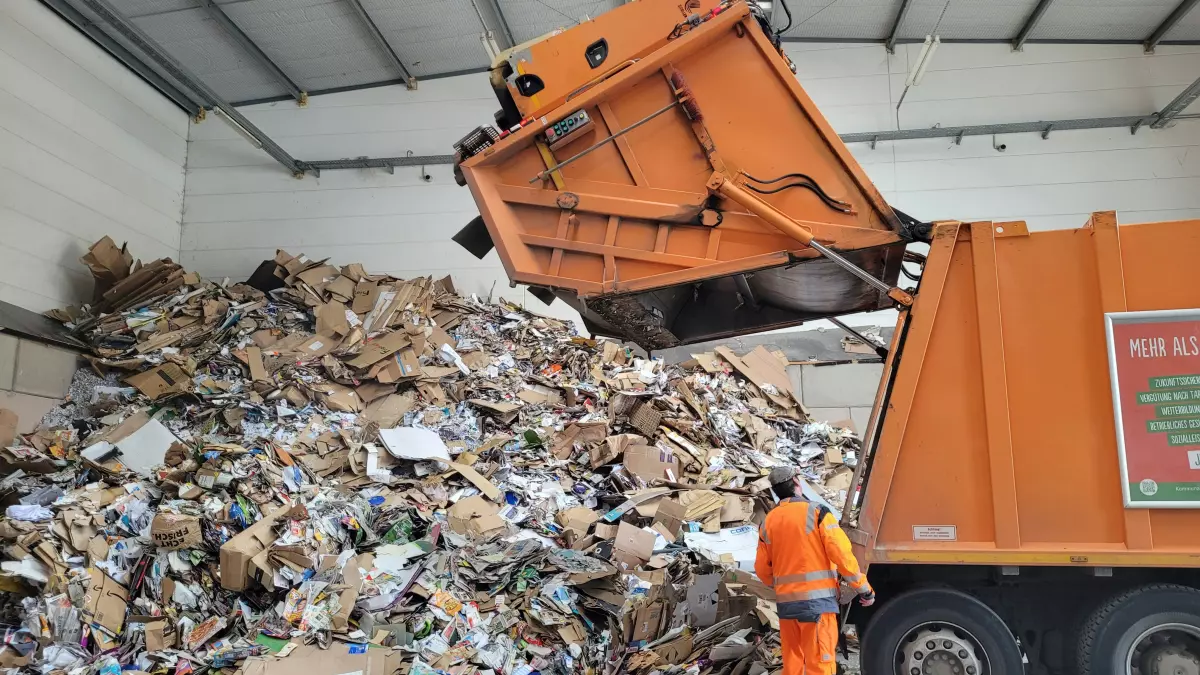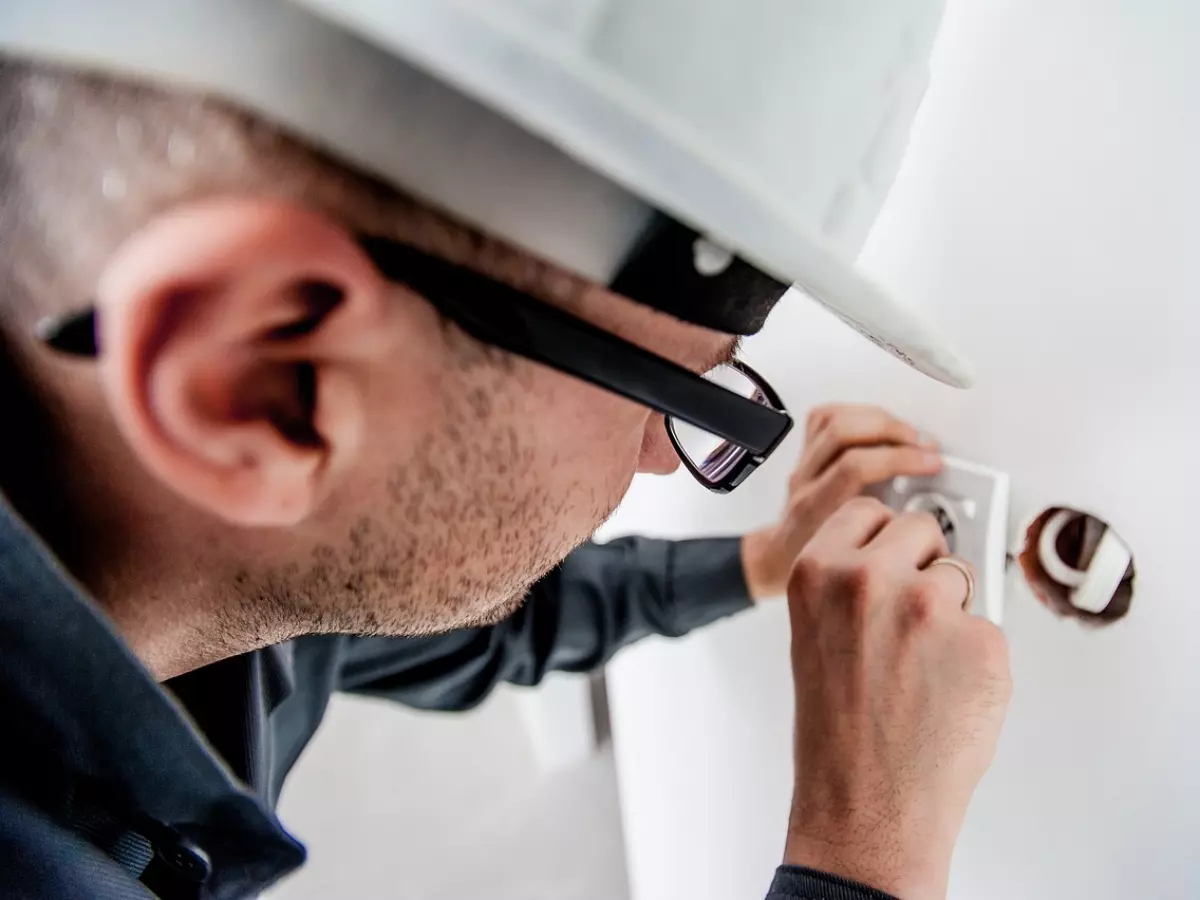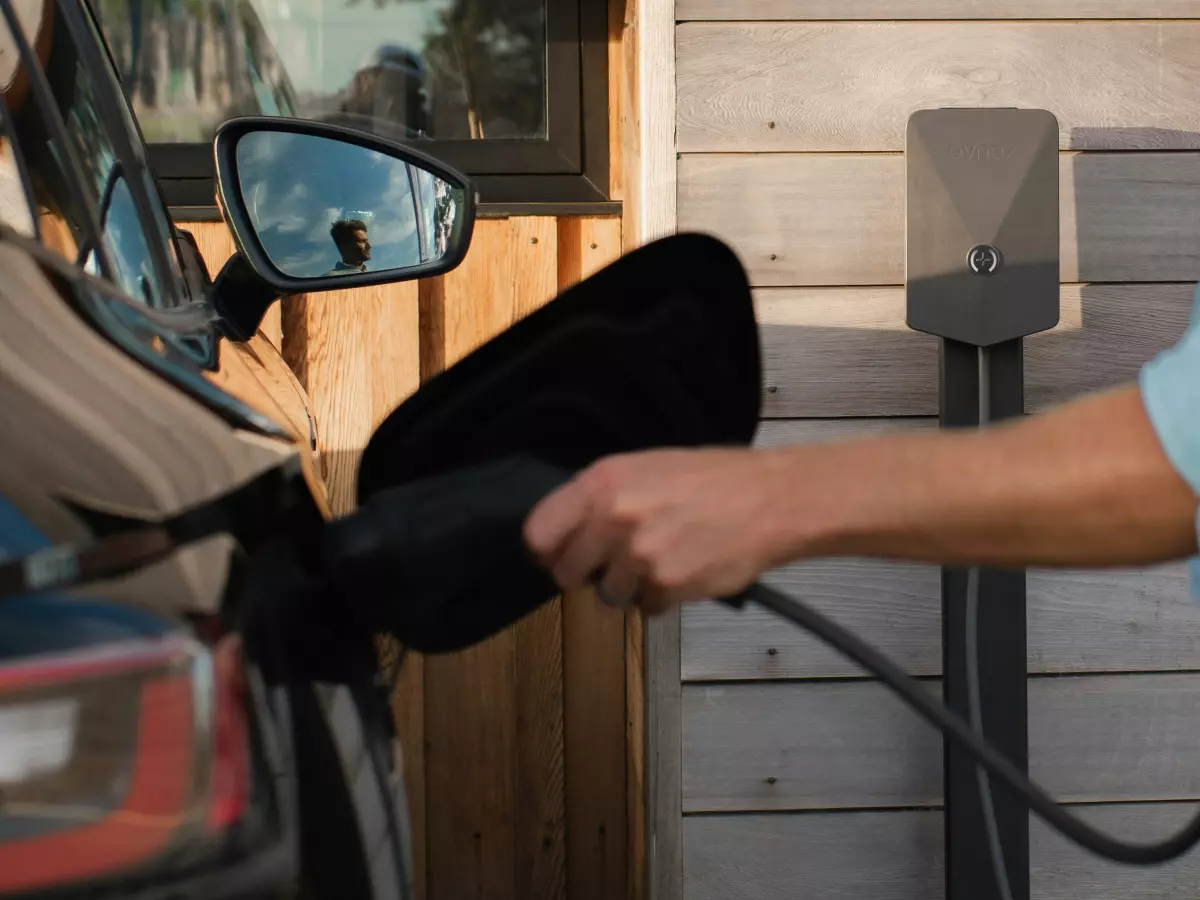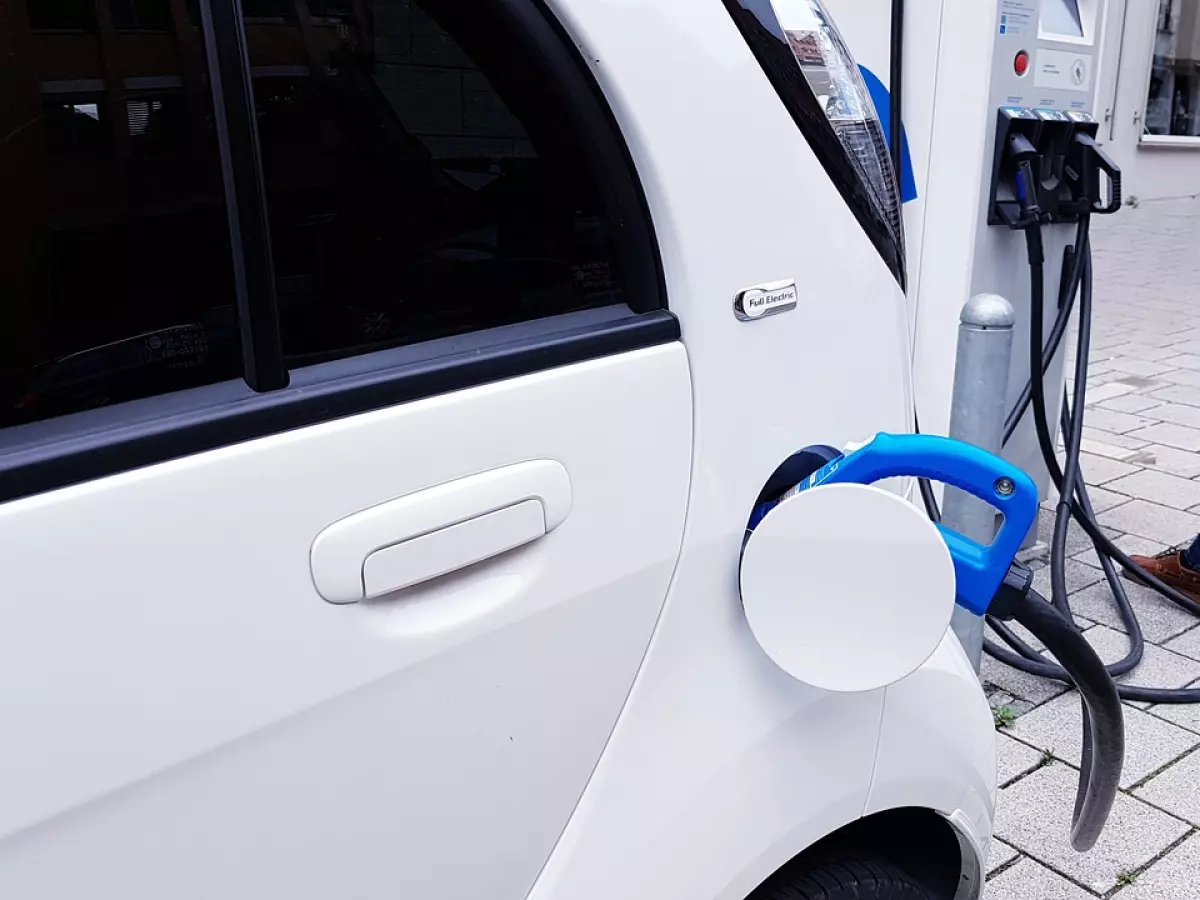Recycling EV Batteries
Ever wonder what happens to your EV battery after it’s done powering your ride? Spoiler alert: it doesn’t just disappear into thin air.

By Laura Mendes
Let’s talk about the elephant in the room: EV batteries don’t last forever. Sure, they’re a marvel of modern engineering, but like all good things, they eventually wear out. So, what happens next? Do we just toss them into a landfill and call it a day? Absolutely not. Enter the world of EV battery recycling—a game changer that’s reshaping the future of electric vehicles and sustainability.
The Big Problem: What Happens When EV Batteries Die?
Here’s the thing: EV batteries are massive, complex, and packed with valuable materials like lithium, cobalt, and nickel. These aren’t exactly things you want sitting in a landfill. Not only would that be an environmental disaster, but it’s also a colossal waste of resources. And with the EV market growing faster than you can say “Tesla,” the number of used batteries is only going to skyrocket.
So, what’s the solution? Recycling, of course. But we’re not talking about your grandma’s recycling bin. EV battery recycling is a whole different beast, requiring advanced technology and processes to safely extract and reuse those precious materials.
Why Recycling Matters: The Sustainability Factor
Let’s get real for a second. The whole point of electric vehicles is to reduce our carbon footprint, right? But if we’re not recycling the batteries, we’re just shifting the environmental impact from the tailpipe to the trash heap. Recycling EV batteries helps close the loop, ensuring that the materials can be reused in new batteries or other applications, reducing the need for new mining operations. That’s a win for the environment and a win for the EV industry.
And here’s the kicker: recycling isn’t just about sustainability. It’s also about economics. The materials inside EV batteries are expensive, and as demand for EVs grows, so does the demand for these materials. By recycling, we can reduce the strain on supply chains and keep costs down for manufacturers—and ultimately, for you, the driver.
How It Works: The Science of EV Battery Recycling
Okay, so how does this magical recycling process actually work? It’s not as simple as melting down a soda can, that’s for sure. EV battery recycling typically involves several steps:
- Disassembly: The battery is carefully taken apart to separate the different components, like the cathode, anode, and electrolyte.
- Material Recovery: Using a combination of mechanical and chemical processes, valuable materials like lithium, cobalt, and nickel are extracted.
- Refining: These materials are then purified and prepared for reuse in new batteries or other products.
Sounds easy, right? Not so fast. The process is still evolving, and there are plenty of challenges to overcome, like making it more cost-effective and scalable. But the good news is that companies and researchers are making big strides in improving the efficiency and effectiveness of EV battery recycling.
The Future of EV Battery Recycling
So, what does the future hold for EV battery recycling? In a word: innovation. As the EV market continues to grow, so too will the need for better recycling technologies. We’re already seeing advancements in areas like direct recycling, which aims to recover materials without breaking them down into their raw components. This could make the process faster, cheaper, and more sustainable.
And let’s not forget about second-life applications. Before a battery is fully recycled, it can often be repurposed for other uses, like energy storage for homes or businesses. This extends the life of the battery and reduces waste even further.
Bottom line: EV battery recycling is a crucial piece of the puzzle when it comes to making electric vehicles truly sustainable. It’s not just about driving green; it’s about thinking green from start to finish.
Why You Should Care
Alright, so why should you care about EV battery recycling? Well, if you’re an EV owner or thinking about becoming one, this is your future we’re talking about. The more we recycle, the more affordable and sustainable EVs will become. Plus, it’s a no-brainer for the environment. So, next time you’re cruising in your electric car, remember: the journey doesn’t end when the battery dies. In fact, it’s just the beginning.





